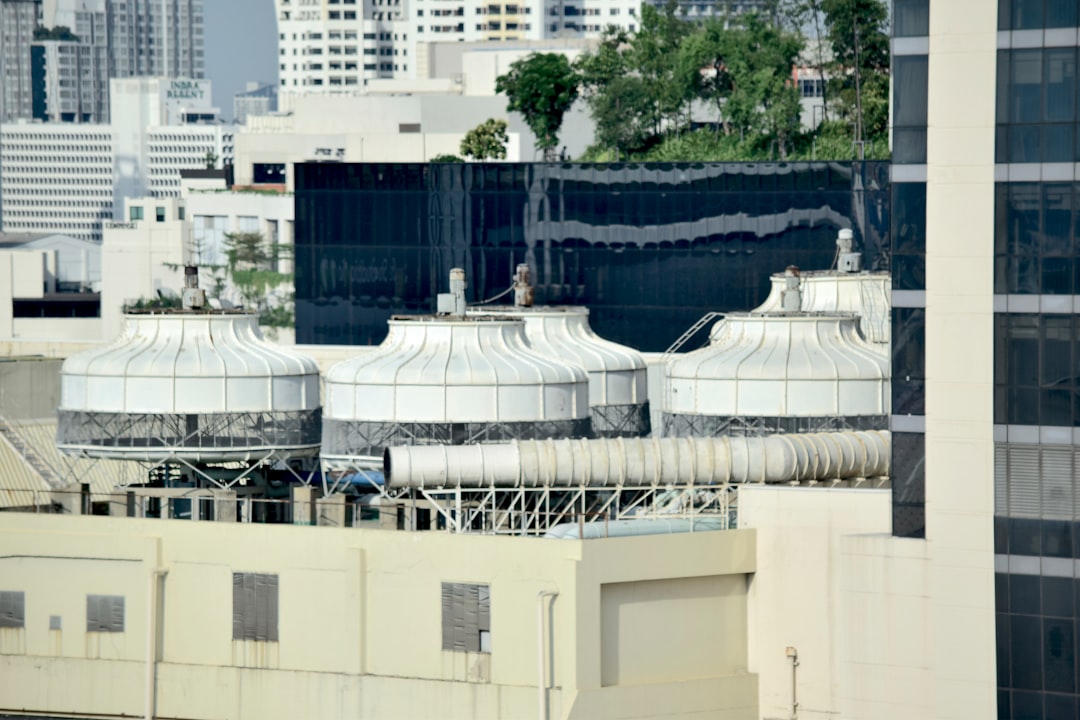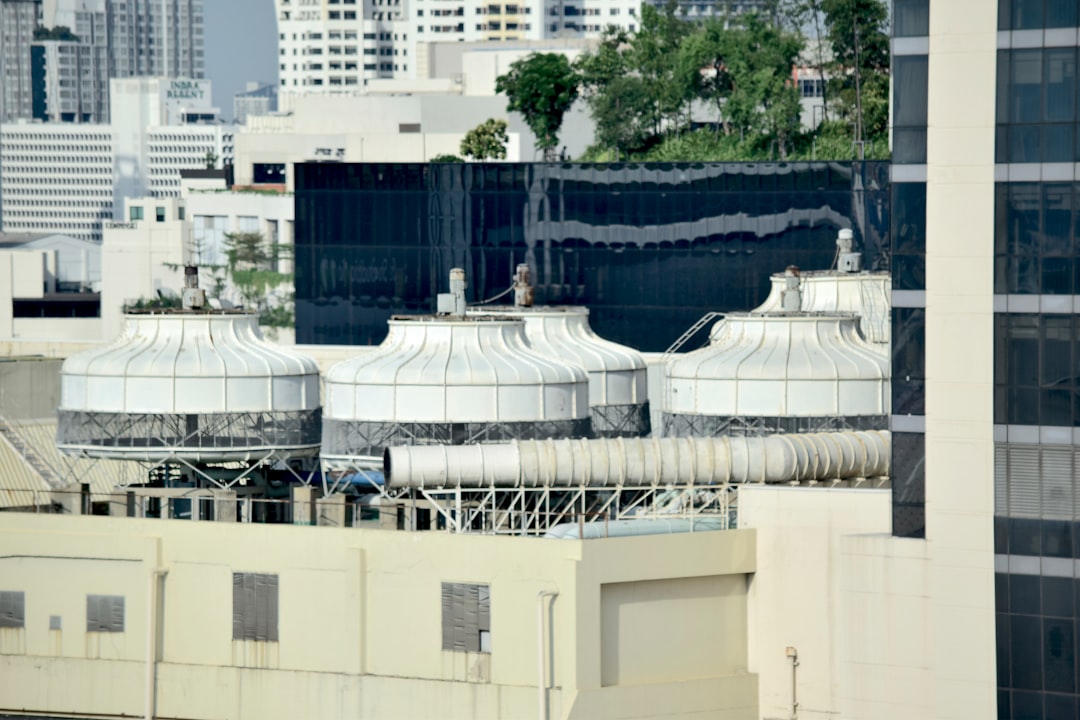At Allianze HR Consultancy, we’ve successfully placed 10,000+ professionals across UAE, Saudi Arabia, Qatar, and Kuwait. Furthermore, our 5+ years of GCC expertise supports clients from 50+ countries. Moreover, our Ministry of External Affairs (India) RA license ensures compliance. Therefore, contact our recruitment specialists for expert guidance.
Understanding GCC Plant Management Requirements
GCC industrial sectors demand specific qualifications from plant managers. Furthermore, regional experience often proves invaluable. Therefore, employers should prioritize candidates with Middle East exposure. Additionally, technical competencies must align with industry standards. Moreover, leadership capabilities require careful assessment.
Kuwait’s industrial landscape presents unique operational challenges. Specifically, extreme climate conditions affect manufacturing processes. Consequently, plant managers must adapt maintenance schedules accordingly. Furthermore, local workforce dynamics influence management approaches. Thus, cultural sensitivity training becomes essential.
Essential plant manager qualifications include:
- Engineering degrees with relevant specializations
- 10+ years of industrial management experience
- GCC region work history preferred
- Safety certification and compliance knowledge
- Budget management and cost control expertise
- Multilingual capabilities often beneficial
Additionally, recruitment strategies must address market competition. Particularly, experienced plant managers remain in high demand. Therefore, competitive compensation packages attract top talent. Moreover, professional development opportunities enhance retention rates. Consequently, comprehensive planning ensures successful talent acquisition.
Plant Manager Kuwait Deployment Strategic Overview
Successful plant manager Kuwait deployment requires comprehensive strategy. Furthermore, large-scale implementations demand phased approaches. Therefore, organizations should establish clear objectives initially. Additionally, stakeholder alignment ensures coordinated execution. Moreover, risk mitigation plans prevent potential disruptions.
Strategic workforce planning begins with needs assessment. Specifically, organizations must analyze operational requirements thoroughly. Consequently, role specifications should reflect actual business needs. Furthermore, succession planning addresses future leadership requirements. Thus, long-term organizational stability improves significantly.
Key strategic considerations include:
- Phased deployment schedules across multiple facilities
- Knowledge transfer protocols between incoming and outgoing staff
- Local partnership development for support services
- Technology infrastructure assessment and upgrades
- Performance monitoring frameworks and KPIs
- Contingency planning for unexpected vacancies
Moreover, change management principles facilitate smoother transitions. Particularly, communication plans keep all stakeholders informed. Additionally, training programs address skill gaps effectively. Consequently, operational performance maintains consistency throughout transitions. Therefore, strategic oversight remains crucial for deployment success.
Legal Framework and Compliance Standards
Kuwait’s labor law governs foreign worker employment comprehensively. Furthermore, specific regulations apply to managerial positions. Therefore, employers must understand statutory requirements thoroughly. Additionally, visa categories differ based on position levels. Moreover, documentation standards require strict adherence.
Compliance verification involves multiple government entities. Specifically, the Public Authority of Manpower oversees work permits. Consequently, application processes follow established protocols. Furthermore, the Ministry of Interior handles residency procedures. Thus, coordinated processing ensures timely approvals.
Essential compliance requirements include:
- Valid commercial registration and establishment card
- Quota approval for foreign workers
- Educational certificate attestation through proper channels
- Medical fitness certificates from approved centers
- Security clearance procedures where applicable
- Labor contract authentication by Kuwaiti authorities
Additionally, International Labour Organization guidelines provide useful frameworks. Furthermore, U.S. Department of Commerce trade resources offer market insights. Moreover, regular compliance audits prevent regulatory violations. Therefore, professional guidance proves invaluable for complex deployments.
Plant Manager Kuwait Deployment Best Practices
Optimizing plant manager Kuwait deployment requires proven methodologies. Furthermore, systematic approaches yield better outcomes. Therefore, organizations should implement standardized processes. Additionally, continuous improvement principles enhance future deployments. Moreover, documentation creates valuable organizational knowledge.
Candidate sourcing benefits from multiple channels. Specifically, specialized recruitment partners access wider talent pools. Consequently, selection quality improves significantly. Furthermore, thorough screening processes identify optimal candidates. Thus, cultural and technical fit assessment becomes comprehensive.
Effective deployment practices include:
- Structured interview protocols with technical assessments
- Reference verification from previous GCC employers
- Pre-deployment orientation covering Kuwait-specific requirements
- Cross-cultural training addressing business etiquette
- Assignment letters detailing terms and conditions clearly
- Welcome packages facilitating smoother transitions
Moreover, World Health Organization workplace standards inform health protocols. Additionally, World Bank labor market reports provide economic context. Furthermore, onboarding programs accelerate productivity. Therefore, integrated approaches ensure deployment excellence.
Documentation and Processing Steps
Kuwaiti employment documentation requires meticulous preparation. Furthermore, incomplete submissions cause significant delays. Therefore, employers should verify requirements proactively. Additionally, attestation procedures involve multiple steps. Moreover, translation services may become necessary.
Document processing follows sequential stages. Specifically, initial approval precedes visa issuance. Consequently, understanding the sequence prevents processing errors. Furthermore, government portal submissions require technical familiarity. Thus, experienced handlers improve efficiency dramatically.
Essential documentation checklist includes:
- Passport copies with minimum validity periods
- Educational certificates with proper attestation
- Professional experience certificates from previous employers
- Passport-sized photographs meeting specifications
- Medical examination reports from approved centers
- Employment contracts in Arabic and English
Additionally, power of attorney facilitates representative processing. Furthermore, UAE government employment regulations provide comparative insights. Moreover, document tracking systems monitor progress effectively. Therefore, organized management prevents unnecessary complications.
Plant Manager Kuwait Deployment Implementation Timeline
Realistic plant manager Kuwait deployment timelines ensure proper planning. Furthermore, large-scale implementations require extended durations. Therefore, organizations should allocate sufficient time resources. Additionally, buffer periods accommodate unexpected delays. Moreover, phased approaches distribute workload effectively.
Typical deployment spans eight to twelve weeks. Specifically, recruitment phase consumes three to five weeks. Consequently, candidate identification and selection require careful attention. Furthermore, visa processing takes approximately four weeks. Thus, parallel processing optimizes timeline efficiency.
Detailed implementation schedule includes:
- Week 1-2: Position profiling and recruitment initiation
- Week 3-5: Candidate screening and interview processes
- Week 6: Offer finalization and document collection
- Week 7-10: Visa processing and approval stages
- Week 11: Travel arrangements and pre-departure orientation
- Week 12: Arrival processing and initial onboarding
Moreover, volume deployments benefit from staggered approaches. Particularly, grouping managers in batches prevents logistical bottlenecks. Additionally, professional recruitment resources support timeline management. Therefore, experienced partners enhance scheduling accuracy.
Common Challenges and Solutions
Plant manager deployments face several predictable challenges. Furthermore, anticipating obstacles enables proactive mitigation. Therefore, organizations should develop contingency plans. Additionally, historical data informs problem-solving approaches. Moreover, flexibility proves essential for adaptation.
Documentation issues represent frequent complications. Specifically, attestation delays disrupt planned timelines. Consequently, early initiation prevents schedule impacts. Furthermore, candidate withdrawal requires backup selection processes. Thus, maintaining candidate pools provides insurance.
Common deployment challenges include:
- Last-minute document rejection requiring resubmission
- Medical test failures necessitating replacement candidates
- Visa processing delays during peak seasons
- Candidate counteroffers from current employers
- Travel restrictions affecting arrival schedules
- Cultural adjustment difficulties after deployment
Additionally, solution frameworks address these systematically. Particularly, document verification before submission reduces rejection rates. Furthermore, transparent communication manages candidate expectations effectively. Moreover, post-arrival support programs ease transition difficulties. Therefore, comprehensive planning minimizes operational disruptions.
Expert Recommendations for Success
Successful plant manager deployments incorporate professional advice. Furthermore, specialized expertise enhances implementation quality. Therefore, engaging experienced partners proves beneficial. Additionally, continuous evaluation identifies improvement opportunities. Moreover, knowledge retention builds organizational capability.
Stakeholder engagement remains critical throughout deployments. Specifically, operations teams should participate in selection processes. Consequently, technical alignment improves significantly. Furthermore, HR coordination ensures procedural compliance. Thus, cross-functional collaboration delivers optimal outcomes.
Expert recommendations include:
- Conduct thorough market compensation benchmarking
- Implement structured competency assessment frameworks
- Develop Kuwait-specific orientation materials
- Establish clear performance metrics from inception
- Create mentorship programs for knowledge transfer
- Schedule regular check-ins during initial months
Moreover, schedule consultation appointment with our specialists for personalized guidance. Furthermore, documentation systems should capture lessons learned. Additionally, success metrics track deployment effectiveness. Therefore, continuous improvement cycles enhance future implementations.
Frequently Asked Questions About Plant Manager Kuwait Deployment
What is the timeline for plant manager Kuwait deployment?
Timeline typically ranges 4-8 weeks depending on country requirements. Furthermore, documentation preparation affects processing speed. Therefore, consult our specialists for accurate estimates.
What documentation is required for plant manager recruitment?
Required documents include employment contracts, visa applications, medical certificates, and educational credentials. Additionally, country-specific requirements vary. Moreover, attestation procedures apply.
What are typical costs for managerial recruitment?
Costs vary by position level, country, and volume. Furthermore, visa fees, medical screening, and documentation affect total investment. Therefore, request detailed quotations from recruitment partners.
How does Allianze HR ensure compliance?
We maintain Ministry-approved RA license status. Additionally, our team monitors GCC labor law changes. Moreover, we conduct thorough documentation verification at every stage.
Which GCC countries does Allianze serve?
We provide recruitment services across UAE, Saudi Arabia, Qatar, Kuwait, Bahrain, and Oman. Furthermore, our South Asian talent network spans India, Nepal, Bangladesh, and Pakistan.
What industries does Allianze specialize in?
Our expertise covers construction, hospitality, healthcare, facilities management, manufacturing, and technical services. Additionally, we handle both skilled and semi-skilled recruitment.
Partner with Allianze HR for Deployment Success
Successful plant manager Kuwait deployment requires specialized expertise. Furthermore, large-scale implementations demand meticulous coordination. Therefore, professional partnership enhances outcomes significantly. Additionally, comprehensive approaches address all deployment aspects. Moreover, continuous support ensures long-term success.
Allianze HR Consultancy delivers end-to-end recruitment solutions. Specifically, our plant manager Kuwait deployment services cover entire processes. Consequently, clients benefit from streamlined operations. Furthermore, our compliance expertise prevents regulatory issues. Thus, organizational risk reduces substantially.
Our proven methodology ensures successful outcomes. Particularly, we combine local knowledge with international standards. Additionally, our extensive talent network accesses qualified candidates. Moreover, our processing systems optimize timeline efficiency. Therefore, client satisfaction remains consistently high.
Begin your successful deployment journey today. Contact our specialists for personalized consultation. Furthermore, explore our professional recruitment resources for additional insights. Moreover, schedule consultation appointment for detailed discussion. Therefore, transform your workforce challenges into strategic advantages through professional partnership.




